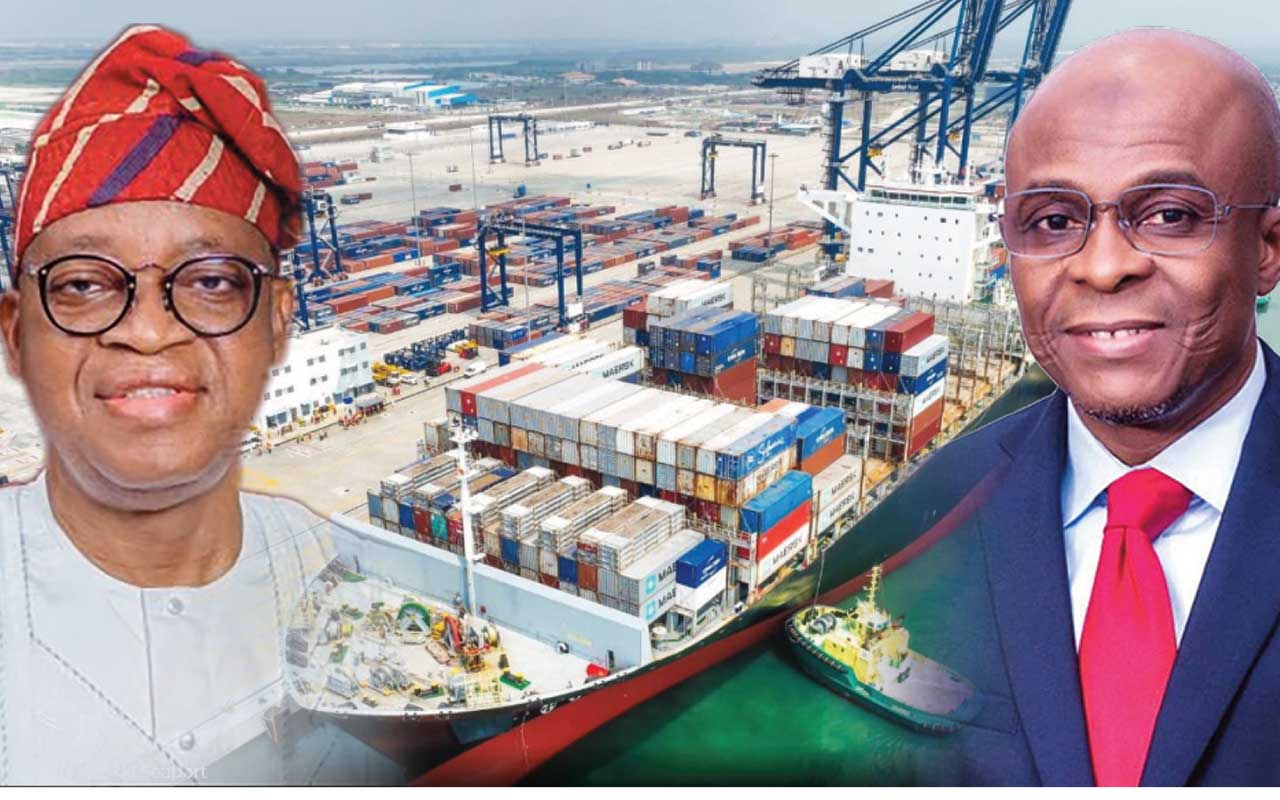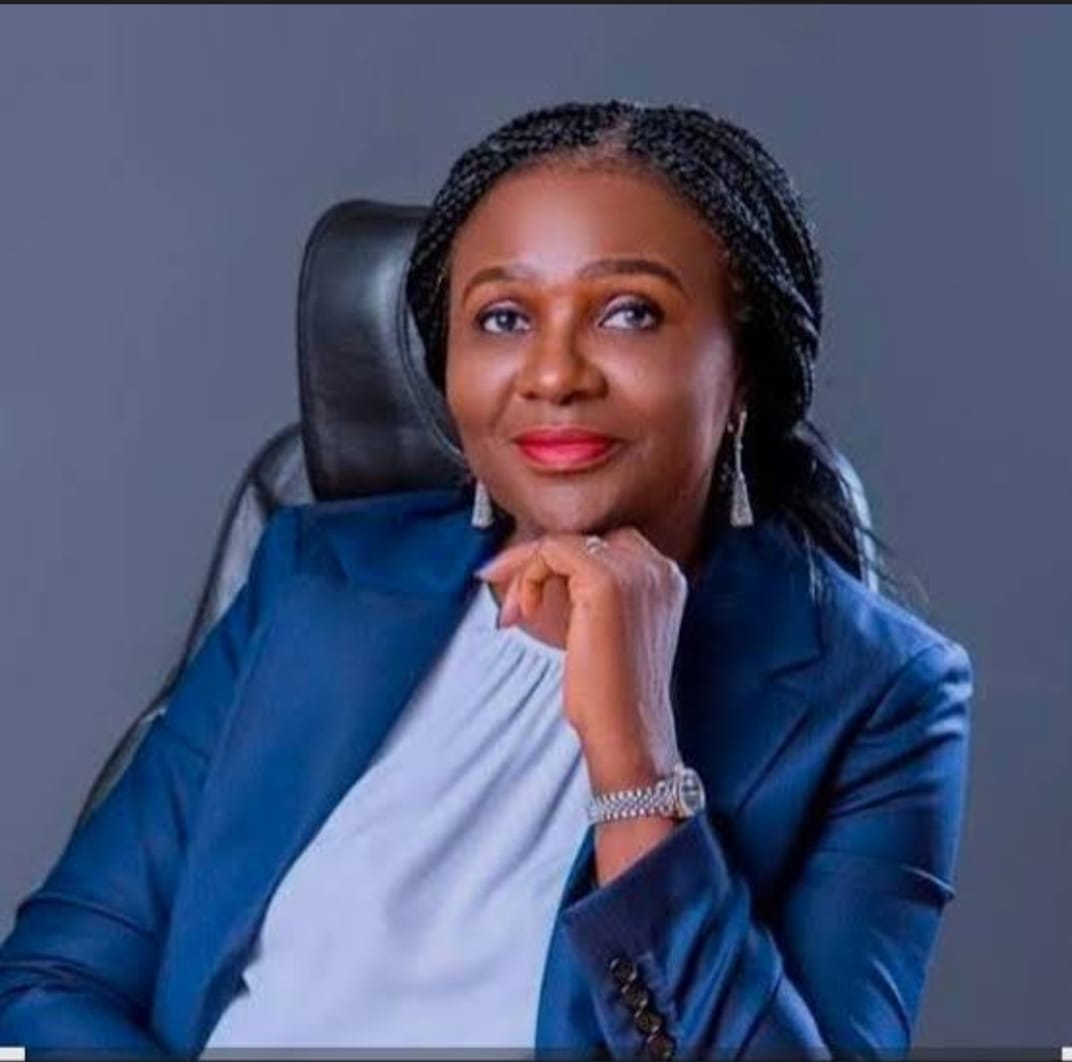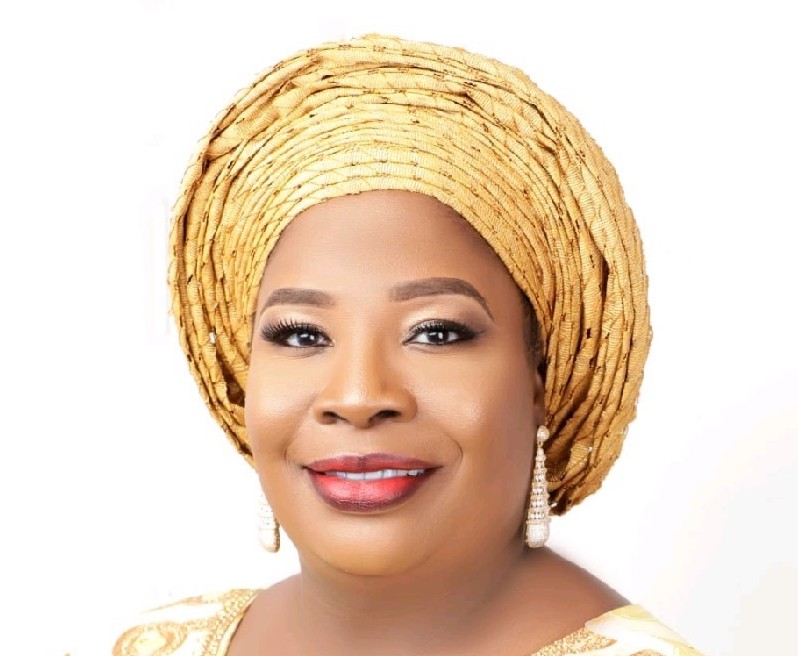Stakeholders in the maritime sector have stressed the need for stronger collaboration among government agencies, regulators, operators and the public to eliminate corruption at Nigeria’s seaports while enhancing the country’s reputation.
This call was made during a maritime anti-corruption awareness campaign organised by the Eagle Eye Transparency and Integrity Initiative (EETAII) Maritime Anti-Corruption Branch in partnership with the Independent Corrupt Practices and Other Related Offences Commission (ICPC).
The campaign, held in Lagos, had the theme, ‘Combating Corruption in the Maritime Industry Through Collaborative Efforts’. Delivering the keynote address, the Chief Superintendent of the ICPC Lagos Office, Mary Omonuya, described corruption as a “storm” that can only be overcome through the power of collaboration.
She defined corruption as a monopoly of power without accountability, highlighting its manifestations in the maritime sector, including bribery, tax evasion, falsified cargo records, contract inflation, nepotism and abuse of discretionary power.
Omonuya noted that due to multiple checks, conflicting demands and unofficial payments, perishable cargo often remains uncleared at ports for weeks until it is spoiled.
She stressed that collaboration reduces duplication, removes bottlenecks, and accelerates clearance processes, adding that with genuine cooperation between terminal operators, clearing agents, port authorities and regulators, cargo could be cleared within 48 hours.
The President of EETAII, Anthony Shuaibu, described corruption as a persistent challenge that undermines Nigeria’s abundant resources and global reputation. He said prevention remains the most effective way to combat corruption, urging stakeholders to safeguard the maritime industry, which he called a vital gateway to the national economy.
Shuaibu said the initiative, now marking its fifth anniversary, has recorded remarkable strides in the fight against corruption through campaigns, awareness drives at seaports, and training workshops in collaboration with the ICPC.
Representing the Nigeria Customs Service, Assistant Controller Chibuzor Oguche of the Kirikiri Lighter Terminal Command, reaffirmed the Service’s zero-tolerance stance on corruption.
He noted that Customs continues to collaborate with agencies such as the ICPC and the Economic and Financial Crimes Commission (EFCC), while strengthening its anti-corruption units across commands.
“Through intelligence sharing, joint operations, and inter-agency partnerships, the Service has achieved significant progress. We are ever ready to collaborate with stakeholders to combat corruption, and this remains one of our strongest commitments to professionalism, transparency, and effective service delivery,” Oguche stated.
Similarly, the Head of the Complaints Unit at the Nigerian Shippers’ Council (NSC), Dr. Bashir Ambi, urged stakeholders to uphold integrity and resist the temptation of offering inducements to fast-track cargo clearance. He encouraged participants to personally commit to reporting corrupt demands and unethical practices to the appropriate authorities.
Stakeholders unanimously agreed that while the maritime sector holds immense potential to drive Nigeria’s economic growth, combating corruption requires courage, integrity, and above all, collaboration across the board.






